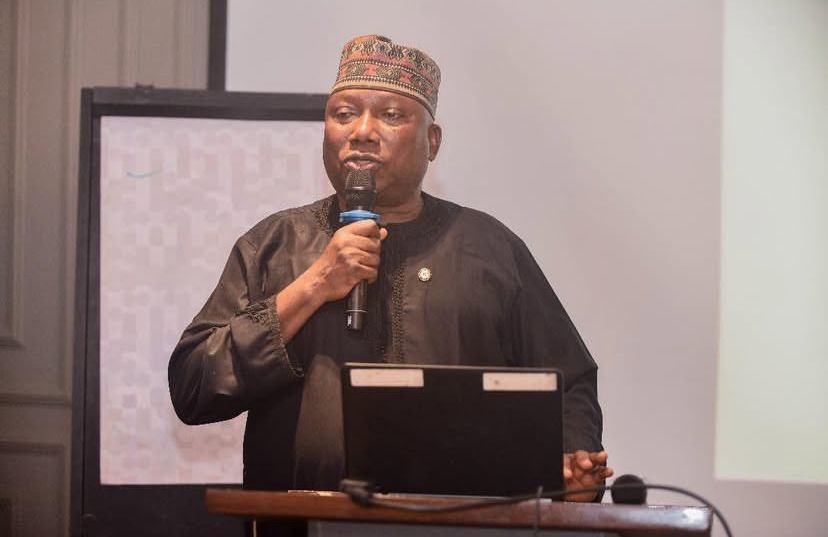
The Abuja Electricity Distribution Company (AEDC) has laid off about 800 employees as part of a sweeping rightsizing exercise, even as Nigerians continue to contend with rising inflation, high living costs, and erratic power supply.
The retrenchment, which began on Wednesday, 5 November 2025, follows months of internal restructuring at the utility, which supplies electricity to the Federal Capital Territory and to Kogi, Niger, and Nasarawa states.
Multiple company sources told Punch that management had initially proposed to disengage 1,800 workers before the figure was reduced to 800 after tense negotiations with the National Union of Electricity Employees (NUEE) and the Senior Staff Association of Electricity and Allied Companies (SSAEAC).
“The management wanted to sack 1,800, but after much pressure, they brought it down to 800. The unions initially insisted that nobody should be sacked,” one employee said, speaking anonymously for fear of victimisation.
Another source disclosed that the affected workers began receiving their disengagement letters on Wednesday after an initial delay.
A copy of the letter titled “Notification of Disengagement from Service”, signed by the Chief Human Resources Officer, Adeniyi Adejola, and dated 5 November 2025, confirmed that the retrenchment formed part of an “ongoing rightsizing process.”
“We regret to inform you that your services with the company will no longer be required, effective 5th November 2025. This decision follows the outcome of the company’s ongoing rightsizing exercise,” the letter read in part.
AEDC said affected staff would receive their entitlements after completing an exit-clearance process and returning company property. It added that statutory deductions, including taxes, check-off dues, and outstanding loans, would be applied before payment of benefits.
The mass layoff highlights the deepening crisis in Nigeria’s electricity sector, which continues to grapple with weak infrastructure, poor cost recovery, and regulatory pressure despite over a decade of power reforms.
In recent years AEDC has faced financial turbulence and management shake-ups. The company narrowly avoided regulatory suspension last year over payment defaults, and has been under increasing scrutiny from the Nigerian Electricity Regulatory Commission (NERC) to improve service delivery.
The latest job cuts could worsen operational inefficiencies and heighten consumer frustration, particularly in Abuja and neighbouring states where residents have long complained of erratic supply and arbitrary billing.










